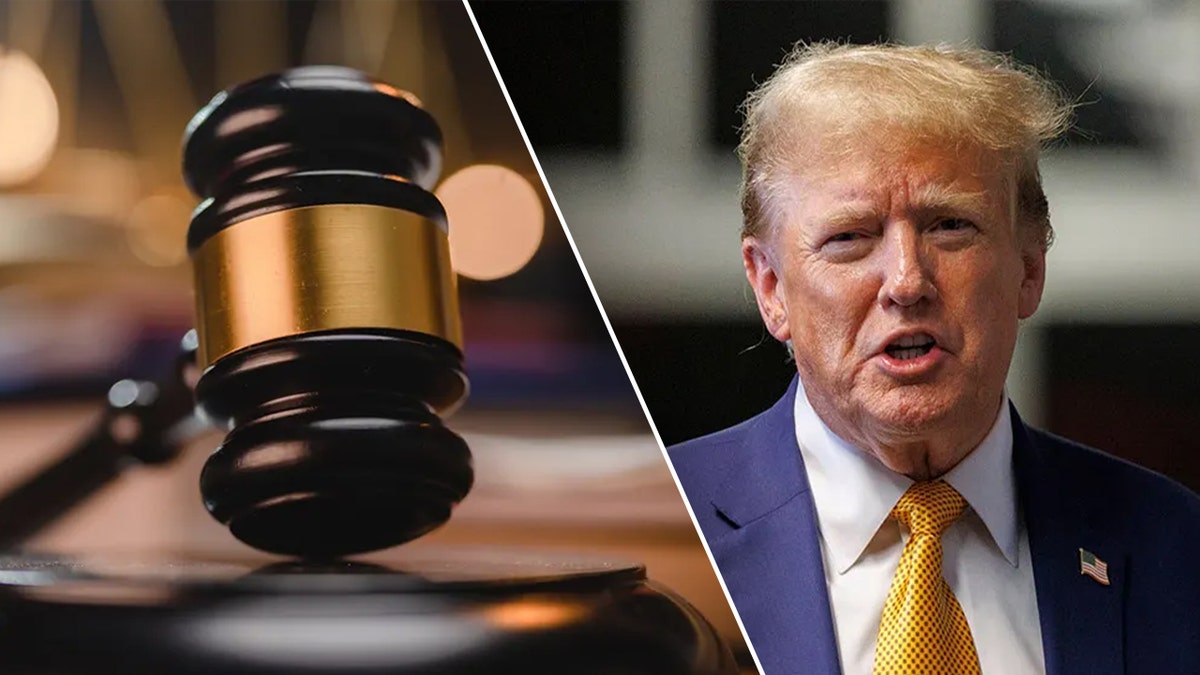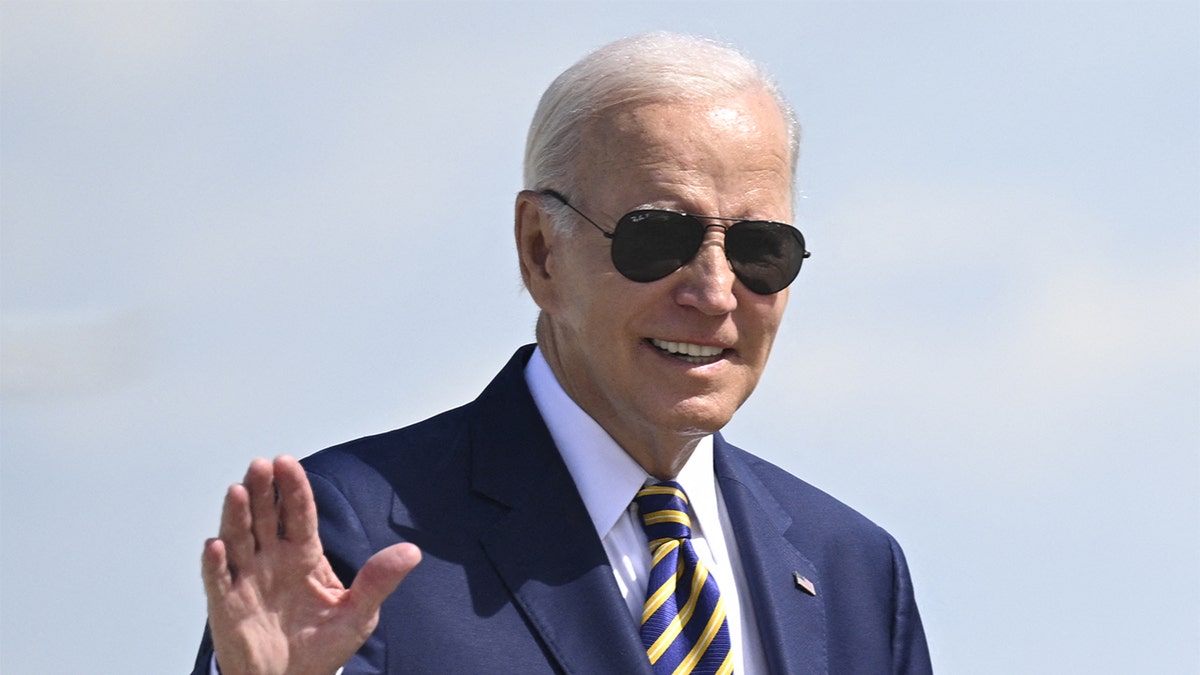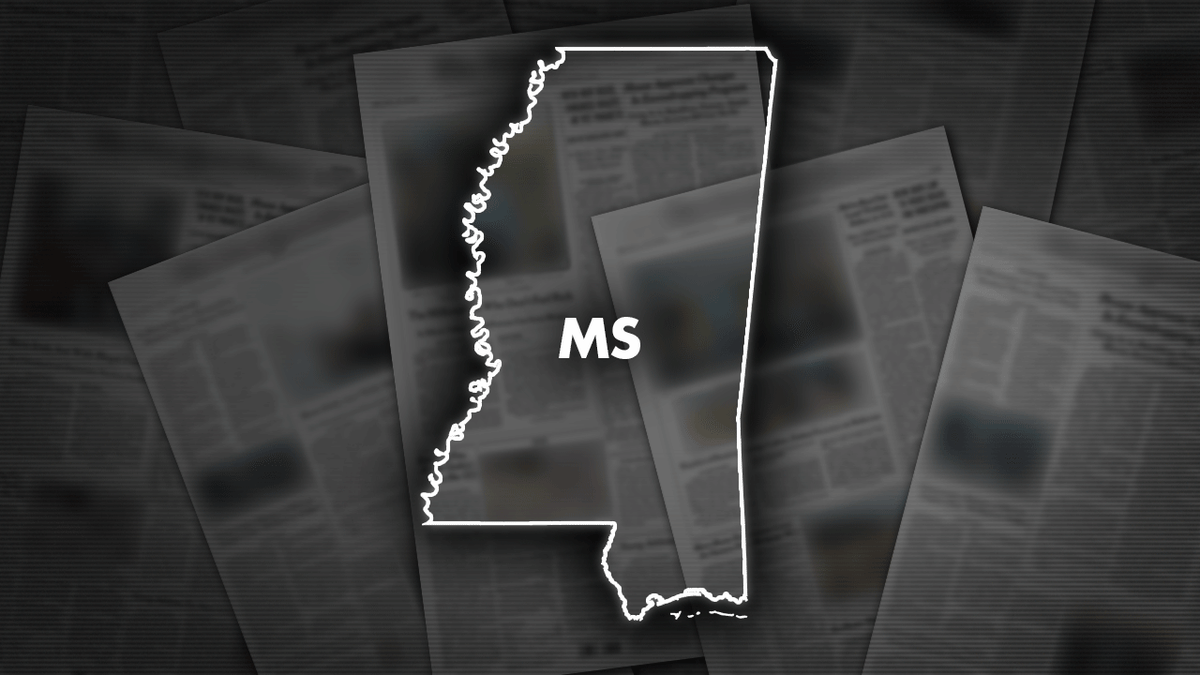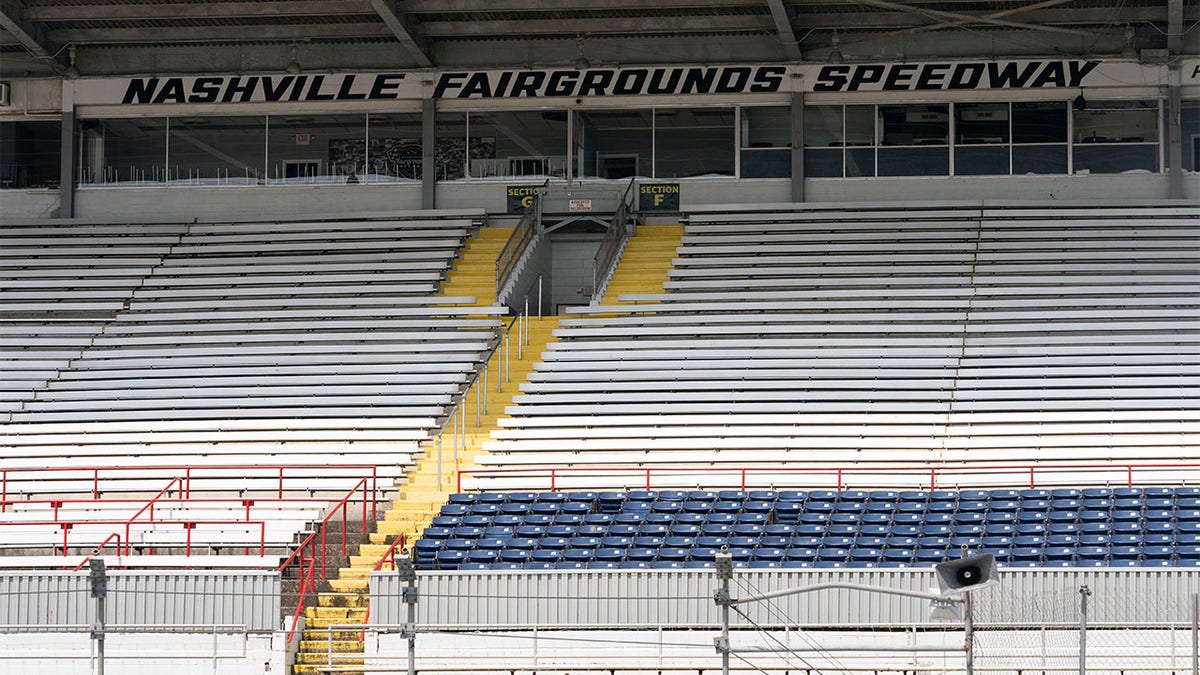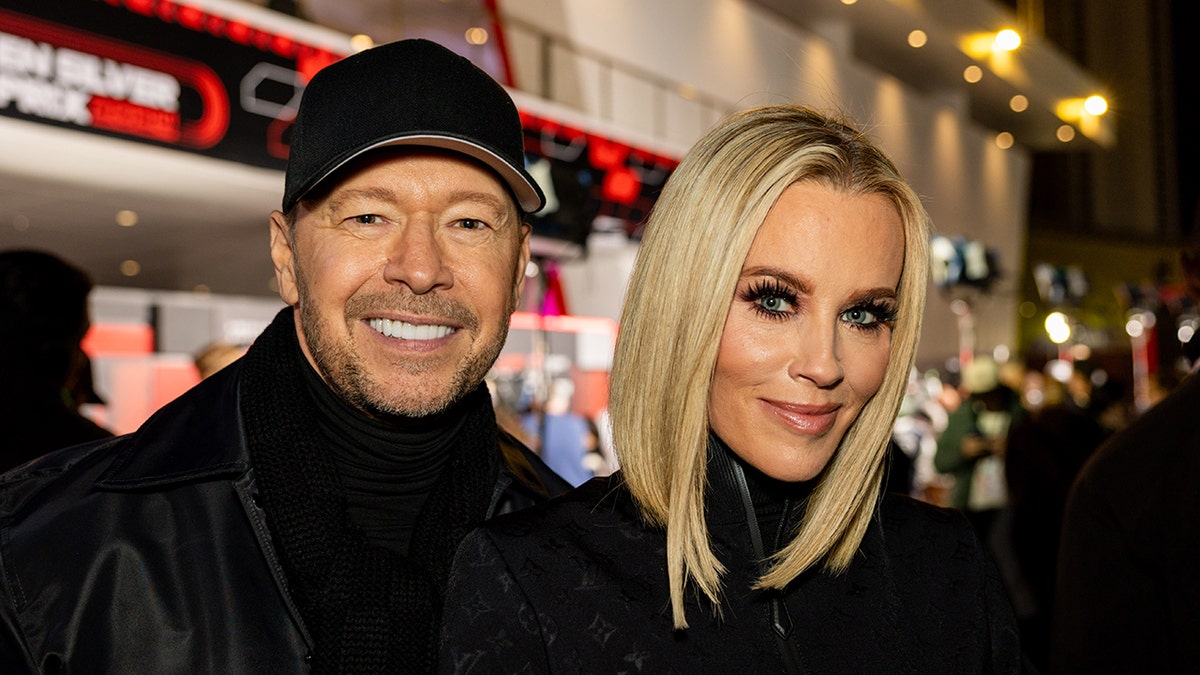The nation's highest court is set to address a pivotal case concerning the establishment of the first religious charter school, a decision that could reshape the landscape of school choice and religious practices in education. The Supreme Court will hear arguments in two combined cases, Oklahoma Statewide Charter School Board v. Drummond and St. Isidore of Seville Catholic Virtual School v. Drummond, revolving around the approval of St. Isidore of Seville Virtual Charter School, a K-12 online institution proposed by the Catholic Archdiocese of Oklahoma City and the Diocese of Tulsa.
The Oklahoma Supreme Court previously ruled against the school, deeming a taxpayer-funded religious charter school a violation of the First Amendment's establishment clause and the state constitution. Justice James Winchester, in the majority opinion, emphasized that charter schools in Oklahoma are considered public schools and must therefore remain nonsectarian.
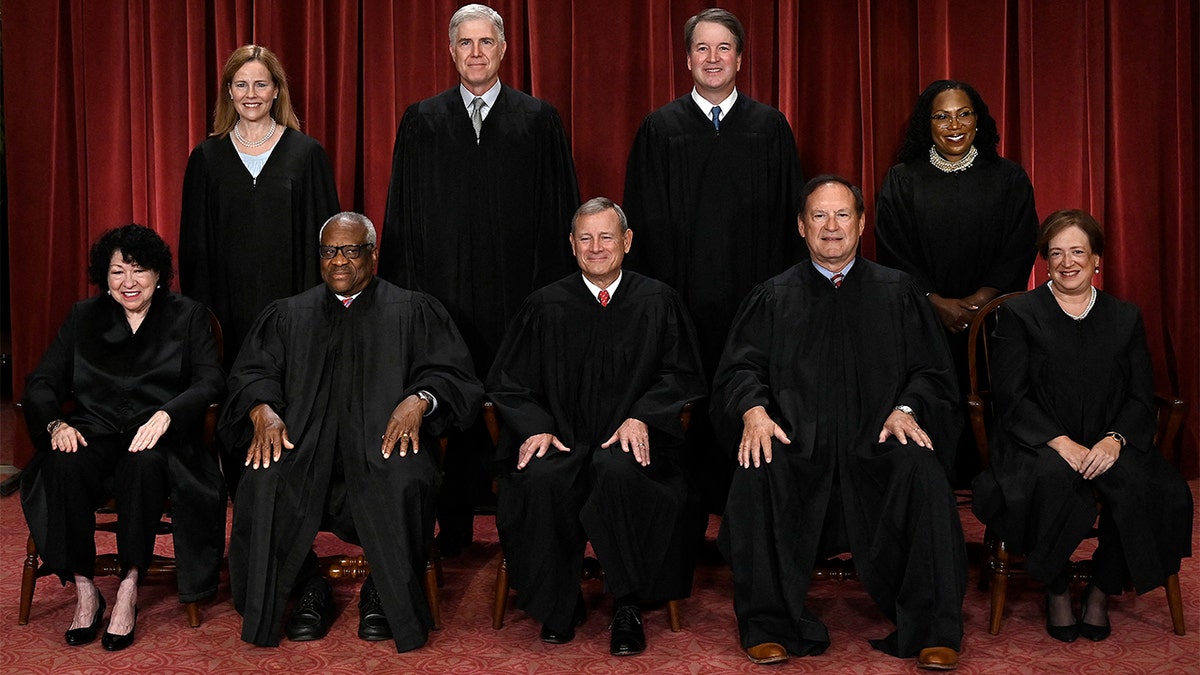
However, Jim Campbell, Chief Counsel at Alliance Defending Freedom, argues the case centers on religious discrimination and school choice. He cites Supreme Court precedents that prohibit excluding religious organizations from public programs. Campbell believes allowing religious charter schools would expand educational opportunities for families and the state.
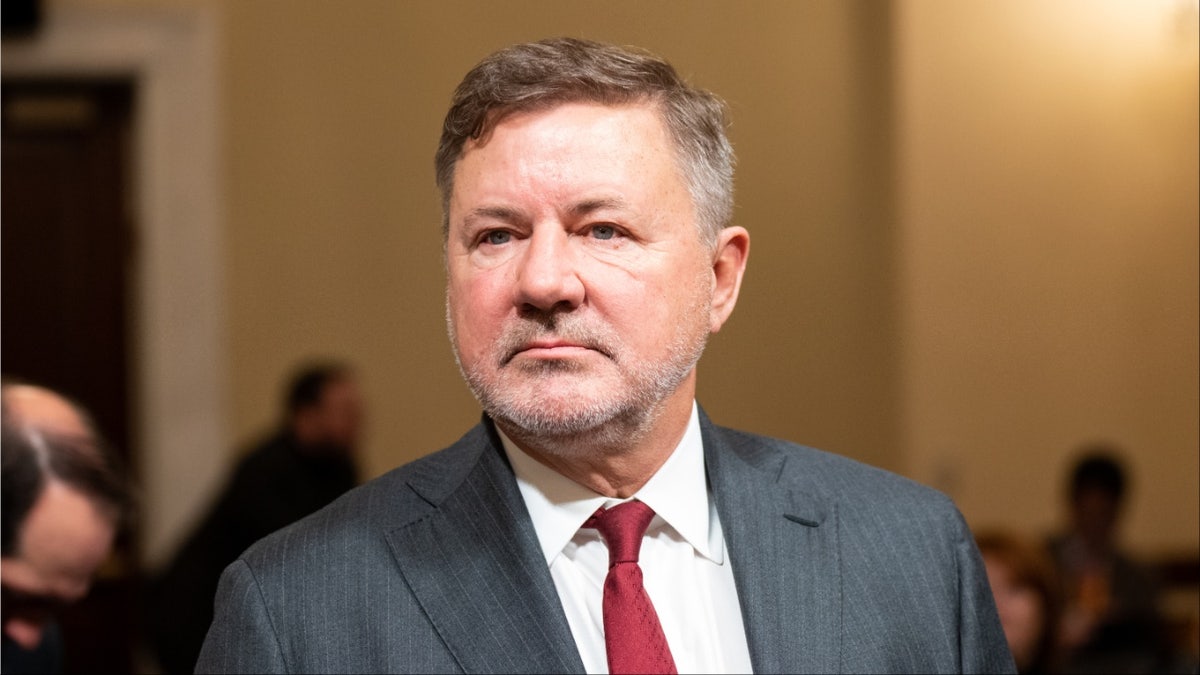
Oklahoma Attorney General Gentner Drummond, who initially contested the school's approval, maintains that it is unconstitutional and anticipates presenting his arguments to the Supreme Court. He has voiced concerns about the potential for taxpayer funds to support various forms of religious instruction if the school is approved.
This case follows a series of Supreme Court rulings related to religious institutions and funding. The court has previously ruled in favor of religious organizations in cases involving playground funding and tax-credit scholarships for religious schools. These precedents suggest a trend towards greater inclusion of religious entities in publicly funded programs.
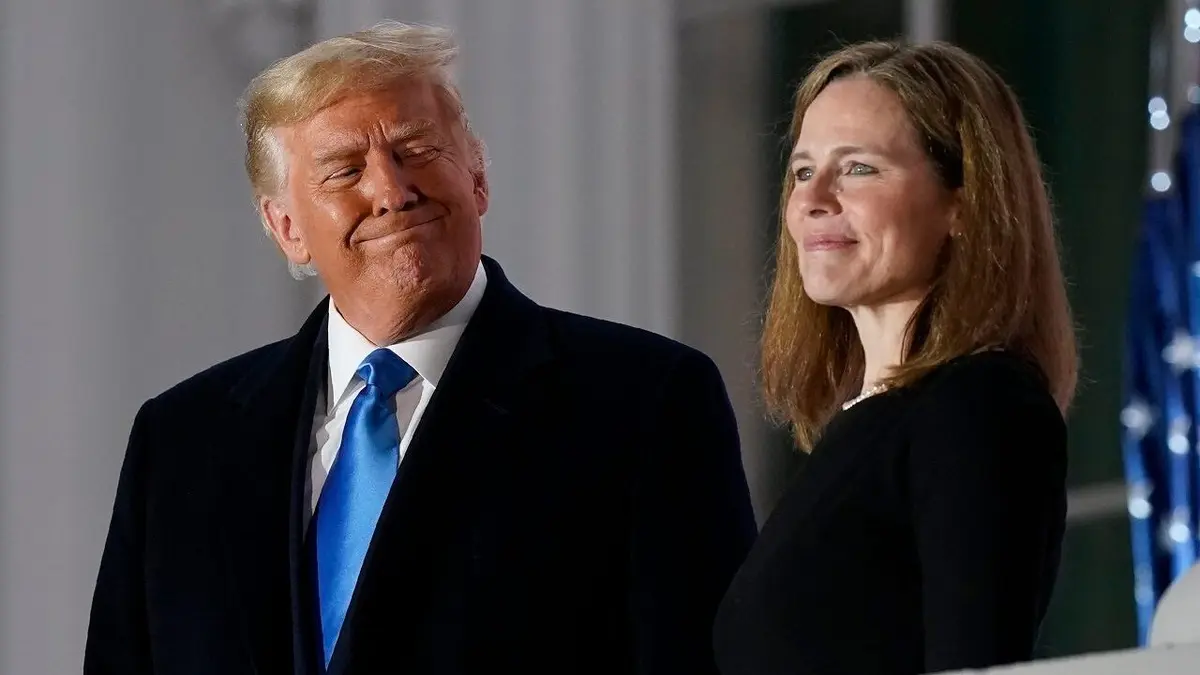
Given these past decisions, Campbell expresses optimism that the Supreme Court will uphold the principle of non-discrimination against religious organizations in the charter school context. Justice Amy Coney Barrett has recused herself from the case. Oral arguments are scheduled for April, and the decision will have significant implications for the future of school choice and the relationship between religious institutions and public education.
The debate surrounding school choice has intensified, especially after the 2024 election cycle, with recent executive orders signed by President Trump focusing on education, including the removal of federal funding from schools teaching critical race theory and support for school choice initiatives.

